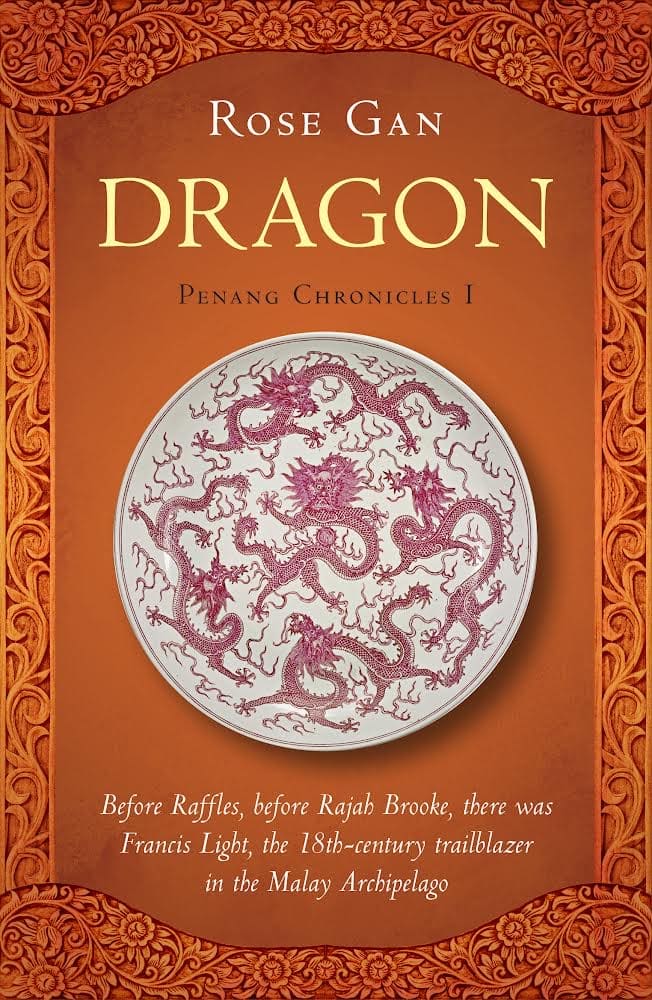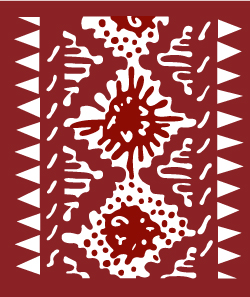BG2 – February 28 2024.
Book review – Dragon by Rose Gan

This is the heading
Nine of us met on the 28th of February to discuss the first of Rose Gan’s trilogy - Dragon.
Rose Gan is a noted historian, especially in Indonesia and Malaysia. She is also a member of our Malaysian Culture Group.
Dragon was not a difficult book to read as it seemed to chronicle the life of Francis Light. I think it’s classified as historical fiction but how much of the plot is fiction, how much is historical facts and where does Gan cross the line to be a historian and then return to fiction?
There is only one focal point in the story, and it is Light. The book entirely focuses on him from birth to adulthood, portraying the man as highly intelligent, cunning, and opportunistic, and extremely lucky or unlucky especially when you look at his circumstances of being born on the wrong side of the blanket. The title of the book ‘Dragon’ gives us a clue as to what kind of persona the protagonist would have and will turn out to be.
The book is roughly divided into four segments. It starts in England, followed by a seafaring career at sea, then on to British India where he hoped to get a ship of his own, and finally to Malaya. There are friends made, especially James Scott and lots of networking going on, there is romance but not too much, just enough to fascinate you with Light as a romantic hero.
I noticed the writer's style and method change with each segment, one finds the period in England to be the most charming and captivating and had echoes of English romanticism. In the second segment, what I call the sea adventures, Light works hard on his goal of being captain of his ship, and here we read of the people he meets, and the adventures he partakes. All this gives his character rather astonishing skills not unlike a swashbuckling McGyver.
I found the segment in India to be the most interesting and maybe it’s because I am a fan of Kipling’s Kim and was looking for depth and reason during that historical period of the British colonialism in India.
However, the Malaya segment proved slightly disappointing for me, the comical rendering with the behavior of the sultans and the Malay court – could have been handled maybe with a little more finesse and surely these men having dealt with for centuries of Dutch and Portuguese colonial masters, would have had the tail, of this dragon. Ah, but let us remind ourselves that its but a piece of fiction, and our protagonist must remain cool and cunning amongst the dull-witted natives.
Occasionally you might find the tone of the book filled with too many historical events and it might slog through slowly in some parts and that’s when you need to remember that Gan is first and foremost a research historian.
Our group rated the book 6.5/10.
Santhi Nair-Moine
